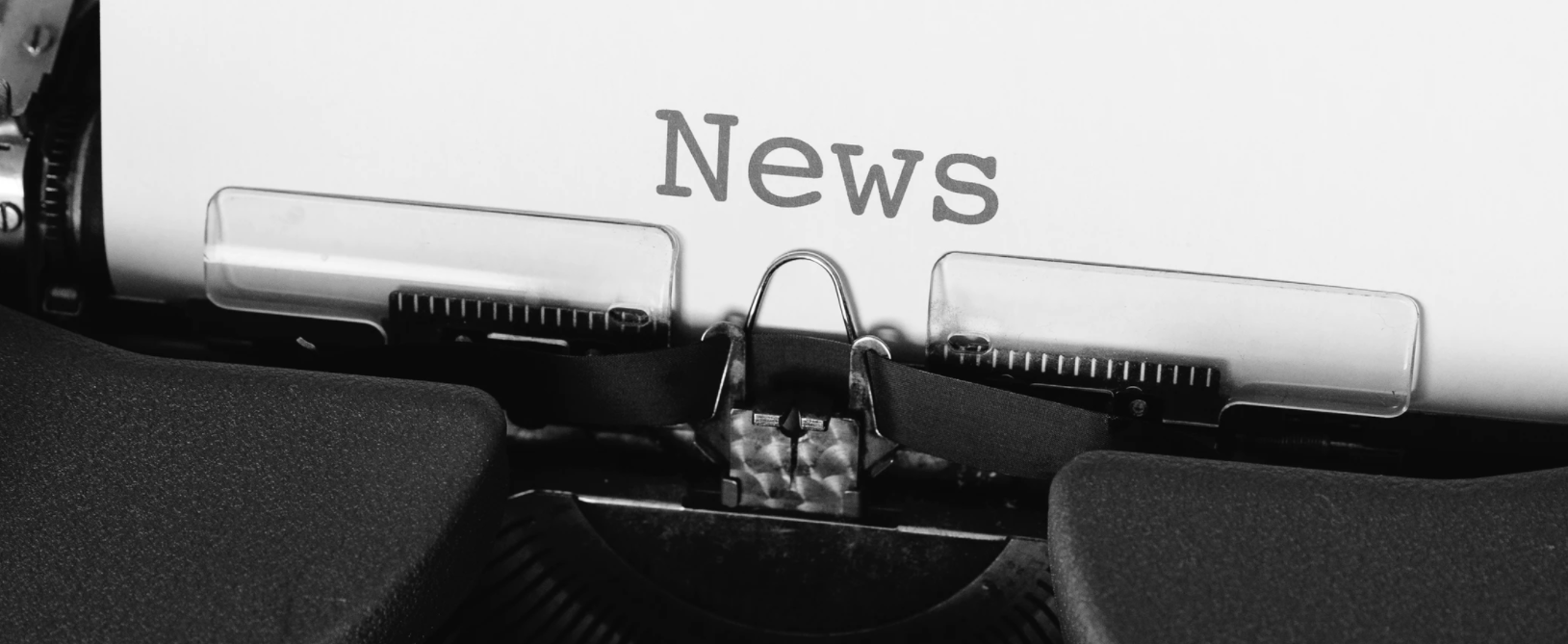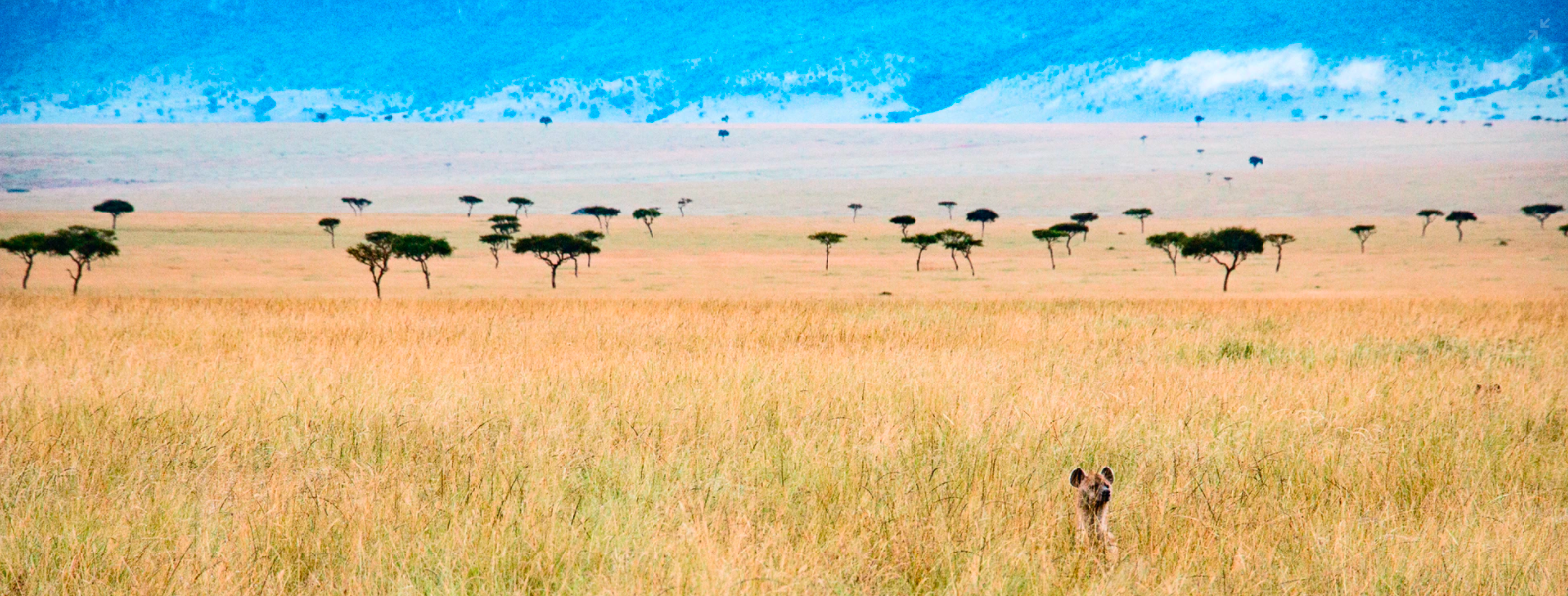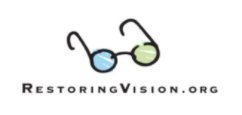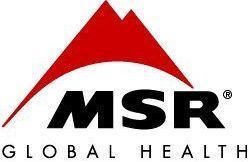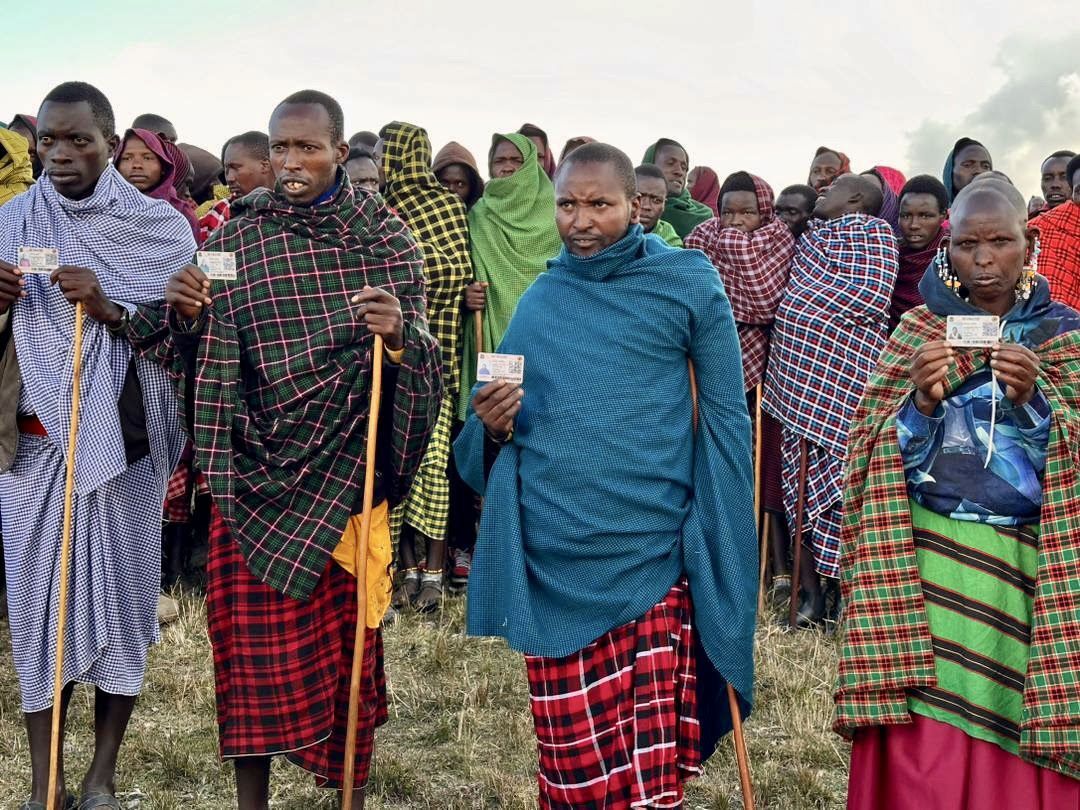
Maasai villagers hold voting cards that are no longer valid.
Earlier this month,100,000 Maasai in Tanzania discovered that their voting rights had been stripped from upcoming and future regional and national elections. This is part of a series of severe government restrictions Ngorongoro Crater Area Maasai face: they have lost the right to farm or garden, access to healthcare and education has been drastically reduced, they can not build permanent homes or repair temporary ones, they can enter their land only on restrictive time schedules by paying government fees. Additionally, forced relocations have further disrupted their lives and families.
Last week, the final straw was denying their right to vote or be elected as representatives. This decision ignited a significant response, resulting in a four-day peaceful protest by thousands of Maasai, drawing international humanitarian attention. In response to this pressure, the Tanzanian government has pledged to restore human rights. However, given Tanzania’s economic challenges and the slow pace of change, it may take years to fully restore the lost rights and services entirely.
Since 2015, your generous donations have supported the Maasai community by improving access to healthcare and education. In 2015, our initial Healthcare Outreach was provided to Ngorongoro Maasai. This choice was driven by the community's urgent need for dental and vision care and limited access to disease prevention and general healthcare. By our 2015 Outreach, the 2008 law banning Maasai subsistence farming had contributed to notable health issues related to nutritional deficiencies.
The Maasai and other Indigenous peoples are protected by the UN Declaration on the Rights of Indigenous Peoples (UNDRIP). International human rights law protects the rights of the Maasai and other rural rights-holders to, among other things, property and land, participation, information, freedom of expression and freedom of assembly, education, and the highest obtainable standard of health. Human Rights Watch 2024
"I haven't been able to sleep, just thinking about our lives and the future of the Maasai of Ngorongoro. We were denied to cultivate, we were denied to build good houses to live in, we lost important health and education services, and we were forcefully evicted and displaced. Worse yet, the Voter Register book is out, but our division is not on the list. They have removed 11 districts with 25 villages, increasing the fear of what will happen to our future." N.Taiko, Maasai Community Leader, Health & Hope Foundation Tanzanian Representative.
Peaceful protest leads to change. Sunrise brings warmth, hope, and the possibility of restoring human rights.
The challenges from over two decades of government human rights restrictions won't disappear overnight. Today, we celebrate the strength and resilience of this community and the wisdom of its leaders, who continue to guide them on this journey. We will be there too!
Supporting Maasai Nutrition, Education, Healthcare, and Women's Business
- Nutrition
Women often face overnight journeys to reach the nearest markets even when funds are available. To support the most impoverished families, large bags of rice, maize, beans, and cooking oil are distributed and shared among groups, with each bag divided among three families. Local Maasai leaders who identify and assist the families most in need
- Education
Adult education classes are provided in various villages. Our representative, Dr. Grace Lemomo, presents lessons in HIV prevention, family planning, and the dangers of female genital cutting in partnership with Naisula Women's Healthcare Organization.
Each year, five Maasai primary students from Ngorongoro who lack the means to continue their education receive scholarships to attend government secondary boarding schools. The scholarships provide tuition and essentials such as a mattress, broom, soap, uniform, notebooks, and a metal trunk for storing all belongings for the year under their bunk beds.
Maasai girls attending Ngorongoro primary and secondary schools also receive washable menstrual kits made by Health & Hope volunteers. This generous support empowers hundreds of girls to pursue their education without interruption.
- Emergency Healthcare
We've launched a pilot program for emergency medical transport in Nainokanoka Village, Ngorongoro, where roads are nearly impassable, and vehicles are scarce. In emergencies, our reliable vehicle and skilled driver provide critical support.
In this instance, a family carried a woman who had suffered severe hemorrhaging after a failed home delivery from their traditional boma to our white emergency vehicle, which transported her to a medical facility for life-saving treatment.
- Businesses for Maasai Women
Eva's well-stocked general store is now open to Nainokanoka villagers. It offers everyday items and school supplies locally, saving them time and the cost of traveling to a distant town. To enhance access further, she also operates a weekly rotating 'pop-up' store.
'Primary and secondary school girls who couldn’t start school due to a lack of supplies have now received uniforms and essentials. They are so happy to have this service." Eva Daniel

